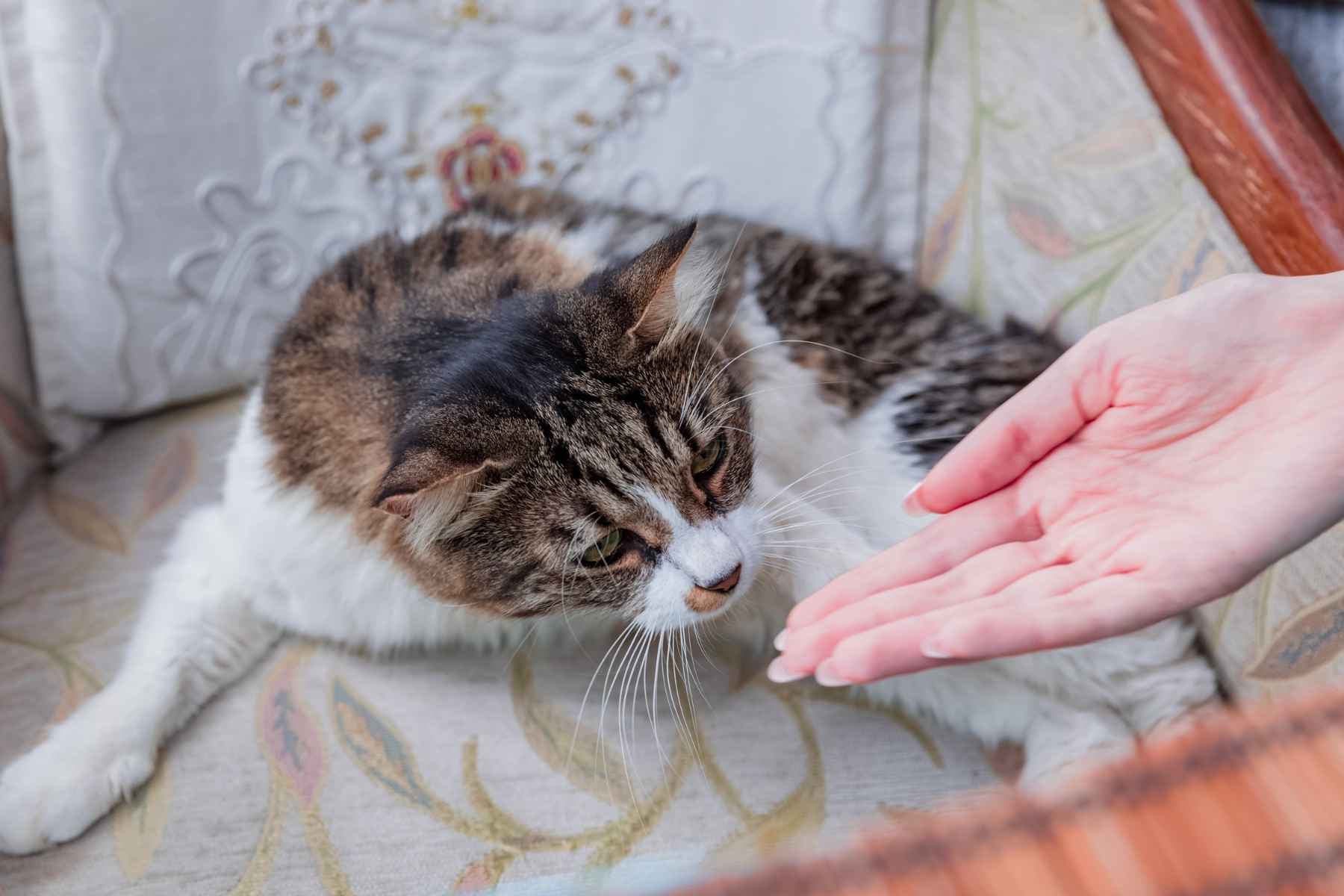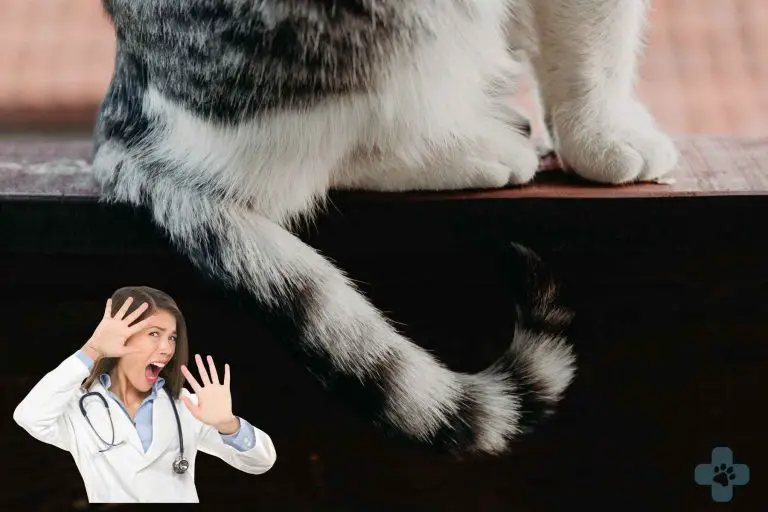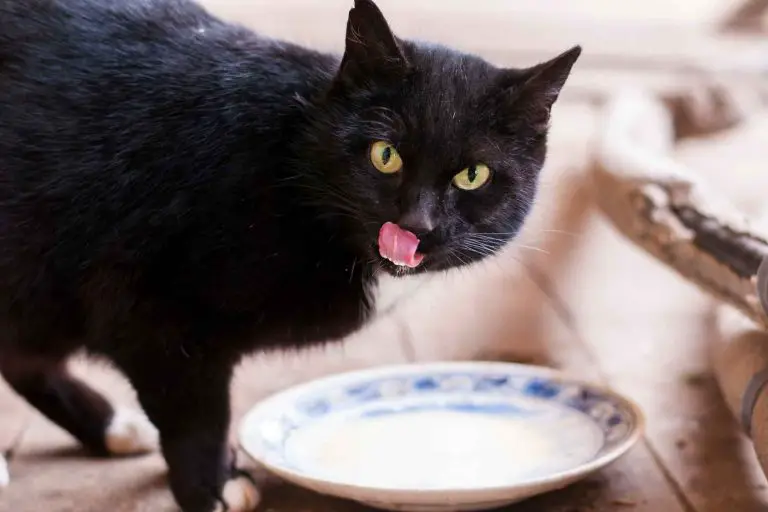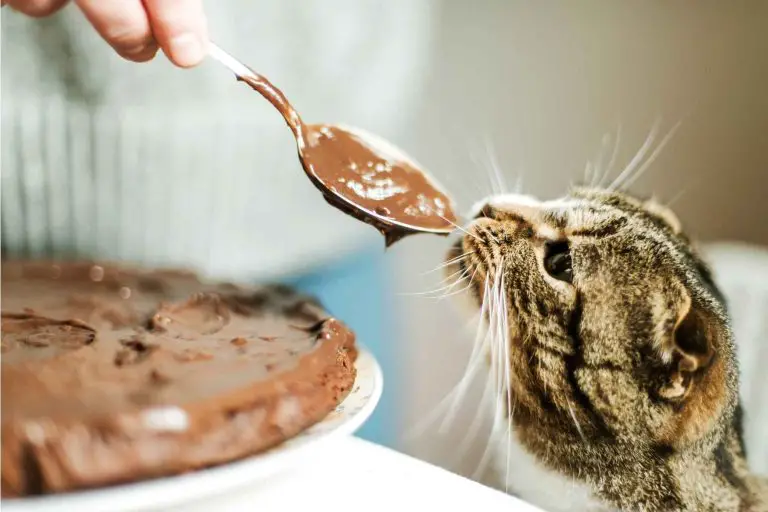What Smells Do Cats Hate?

Some of the scents we love the most can be very irritating to cats. Since they have a very sensitive sense of smell, even a very light whiff can have them running in the opposite direction.
So if you have cats, you have to know which household scents are safe to use – including many common food ingredients and popular aromatherapy oils.
1. Citrus
Cats are repelled by the strong scent of citrus, whether it’s the actual peels or pure essential extracts of orange, lemon, grapefruit, and lime.
That’s because citrus contains compounds – namely linalool, limonene, and psoralens – that are toxic to cats. Even ingesting a small amount can cause gastrointestinal problems, such as diarrhea, vomiting, and drooling.
Some cats are so sensitive that even touching a citrus fruit can lead to skin irritation.
You can use their instinctive dislike of citrus to keep them away from some areas. For example, scatter lemon peels around houseplants, or rub orange-scented wood wax on furniture that they like to scratch.
2. Hot peppers
Cats (and even dogs) hate the smell of hot pepper, and for a good reason. The capsaicin, which makes the peppers very spicy and pungent, has been linked to VOCs and can produce a burning sensation when inhaled by your pet’s sensitive nose.
That’s why you should never give cats any food that has been seasoned with cayenne, black or white pepper, or hot sauce.
Many cat repellant sprays contain hot peppers. You can make your own by mixing 1 part pepper sauce with 16 parts water. Just don’t directly spray your cat because it can irritate the eyes, nose, and legs.
If you notice that your cats like to hide in areas where they’re not supposed to – like the shelf with your grandmother’s antique china, or your priceless collection of rare action figures – you can try sprinkling pepper there. The higher the capsaicin content, the more effective it will be.
3. Strong spices
Cats also hate the scent of strong spices like curry, cajun, cinnamon, and five spice. You may see them run out of the kitchen when you’re cooking a boldly-flavored dish.
4. Onions
Onions can make even people cry, as you can attest whenever you try to slice them during your meal prep. The culprit is lachrymator compounds like methionine and cystine, which irritate the glands in the eyes.
Imagine the effect, then, on the cat’s sensitive eyes and nose. That’s why cats hate the scent of onions, and exposure to it can cause irritation and pain. However, this only applies after onions are chopped – whole onions release no scent.
If you make your own homemade cat food, hold the onions, please! Aside from its irritating smell, it can affect your pet’s red blood cells.
5. Garlic
Like onions, garlic can be off-putting to cats because of its strong scent – and it can be downright dangerous when eaten.
Garlic contains thiosulphates and disulfides. When ingested, it makes the cat’s red blood cells very thin and even burst. This causes the potentially fatal pet disease called hemolytic anemia.
Even just a clove or the equivalent of 1/8 teaspoon of garlic powder can cause a cat to develop organ damage or failure. Symptoms include diarrhea, vomiting, pale gums, drooling, and discolored urine. Your cat may also refuse to eat, pant, or show signs of lethargy.
For these reasons, never put garlic in your cat’s food, or allow it to nibble at your dishes seasoned with garlic. Most cats will naturally avoid the garlic scent simply out of survival instinct. But curious kittens may still attempt to take a bite, so be careful!
6. Eucalyptus
You may notice that smelling or applying eucalyptus oils gives a mild prickling sensation. That’s why we like using it to improve alertness or even clear out a cold.
However, since cats have 40 times more scent-receptors in their noises, inhaling eucalyptus can feel very uncomfortable (or even painful) for them.
You should also avoid keeping fresh eucalyptus plants and keep any dried eucalyptus or eucalyptus oils where your cat can’t get to them. They can experience diarrhea, vomiting, and even seizures if they ingest it.
7. Wintergreen and menthol
These strong scents are typically found in body ointments and aromatherapy oils. In commercial products, they are sometimes labeled as “Methyl Salicylate.”
The compounds leave an intense warming sensation, which is why they’re often used for pain relief. However, cats find them very irritating, and if they come in contact with the product, they may even experience discomfort or pain.
So if you’ve just slathered yourself in a mentholated muscle relief ointment after a workout, don’t be offended if your cats refuse to come to you when you call them. They still love you – they just don’t like the scent.
8. Lavender
Do your cats keep peeing on your sofa cushions, or think your fresh laundry hamper is their personal cat bed? Here’s a tip: insert a lavender sachet there.
Though humans love lavender, cats don’t. Like most other scents cats hate, it is toxic to them. A sachet can help keep them away from certain areas, but be careful when using lavender oil diffusers that use very concentrated lavender oils.
The skin can absorb the tiny vapor droplets; since cats can’t metabolize the compound, it will collect in their liver.
If you frequently use pure lavender oils, light these in rooms where your cat doesn’t frequent.
9. Citronella
Most insects don’t like the scent of citronella. That’s why it’s often used in mosquito repellants and why it’s a popular house plant for driving away cockroaches, ants, and other common household pests.
Unfortunately, cat owners have to be careful when using citronella. Depending on the kind of citronella you use, it can create different types of reactions.
Fresh citronella plants are generally safe for cats, as long as you keep them in areas that are out of your pet’s reach.
Citronella candles will emit a mild scent that cats dislike. But since it has very low citronella extract levels, it will not cause a reaction.
Pure citronella extract, on the other hand, is toxic to cats. It can be inhaled and absorbed by the skin; since they can’t metabolize it, it can cause citronella poisoning.
Symptoms include diarrhea, vomiting, and wobbling. Severe cases can lead to respiratory distress, low body temperature, and eventually liver dysfunction and failure.
So if you’ve got cats, only use citronella diffusers or vaporizers in areas where your cats don’t stay. Make sure oil extracts are kept in tightly sealed containers, and don’t mix the oils into any homemade cleansers for floors where they sleep or walk.
10. Vinegar
Vinegar isn’t toxic to cats, but they will avoid its strong smell. That’s why some people use vinegar to make natural cleaning products for areas where they don’t want their cat to go – like kitchen counters or the baby’s room.
If your cat has a habit of urinating in an area, you can use vinegar to clean it up and prevent another accident from happening again.
However, this solution can be hit or miss: while some cats will stay away, others will urinate again to mask the smell of vinegar.
11. Strong forest scents like pine or cedar
Does your cat avoid using the litterbox? Check if the kitty litter has a pine or cedar scent, and switch to a more neutral fragrance.
Not all cats dislike the scent of pine or cedar. But some do, especially those with particularly sensitive noses or young kittens. These forest scents are not toxic, but they are strong.
On the other hand, that can work to a pet owner’s advantage. If you want to keep them off the dining table or protect doors or furniture from becoming their scratching post, simply use a lightly pine-scented wood polish.
12. Household chemicals
Bleach, ammonia, or strong commercial household cleansers contain strong chemicals and give off a harsh smell that can irritate your pet’s nose and eyes.
So when you’re disinfecting an area – especially where your cats like to play or sleep – keep your cats out of the room until you’ve been able to air it out.
Trace amounts of household cleansers won’t irritate your cat, especially if you follow the manufacturer’s instructions for proper use or dilution. However, you do want to keep the bottles out of your cat’s reach.
Remember, these curious creatures love to crawl into cabinets, and they may topple over the bottles of your cleaning products. Keep these tightly closed, and get a lock for low cabinet doors if necessary.
13. Pesticides or insect sprays
Insecticides contain toxic chemicals and should be used cautiously, especially if you have a pet. They hate the strong smell and typically run out when they pick it up. However, the droplets may stick to the floor and other surfaces where your cats stay.
So when you use these products, keep your cats out of the room, and remove any objects they use: cat bed, cat toys, food and water bowls, and the kitty litter. When you’re done, open the windows and let the room completely air before allowing your pets back in.
Every cat is different
Knowing the scents that cats hate can help you keep your pet safe and keep them from wandering into certain places of the house.
However, as a cat owner, you probably know that cats are contrary and unique. You may find that your pet seems utterly unaffected by a scent or, on the other hand, overreact to even the tiniest hint of another.
Just observe your cats to find out what scents they prefer or dislike.






